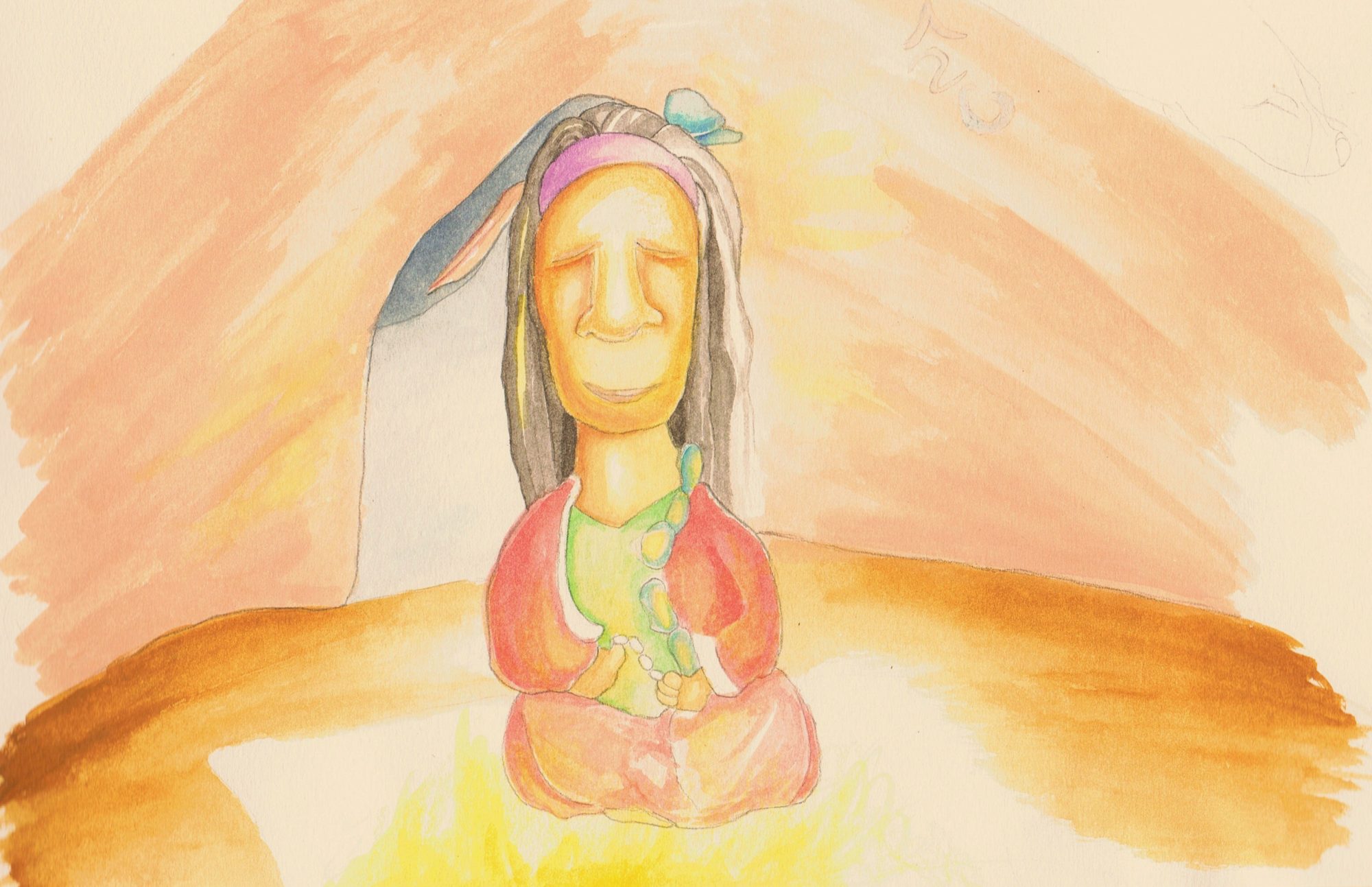When we say someone is sensitive to an issue, we usually mean that they are too sensitive or over sensitive to an issue. In our dual reality experience, we are either too sensitive or insensitive to whatever is occurring.
Being sensitive is the positive awareness of where other people are emotionally. The benefit of being sensitively aware of where other people are emotionally is that we can respond to them in a beneficial way.
When others are being emotionally positive, my sensitivity allows me to share their blessings. When others are being emotionally negative, it allows me to avoid being pulled into their negative emotional dramas. Being sensitive is a prime personal attribute that allows the positive benefit of being detached. It is detachment that allows me to be sensitive to an issue, without being emotionally involved.
Being sensitive to another person’s emotional condition requires energetic awareness as well as physical consciousness. I am conscious of what someone is physically doing and I am aware of their emotional state of being whilst doing whatever they are doing. With both consciousness & awareness, I am able to be sensitive & detached with any dramas that they may being causing due to their emotional state of being.
Both sensitivity & detachment are positive attributes of empathy, which means that their polar opposites of apathy, insensitivity or attachment, are not.
My sensitive attachment to another will include me in their current drama because I am in sympathy with their negative energy vibration. The apathy of my insensitivity is how I disconnect from someone else’s drama when I remain attached to their issues. Insensitive disconnection is called apathy, which disallows empathy with another’s issues.
Insensitive attachment is a dilemma when I need to be involved physically without being drawn in emotionally. With attachment, there is always an emotional need and where there is an emotional need, I am involved emotionally; whether I am aware of it or not.
A sensitive attachment appears to be the kind & caring way. An attachment, whether sensitive or insensitive, is still an attachment and an attachment is always a need. A need is an absence of emotional energy, which is a need for emotional energy or an emotional deficit.
When two people form an attachment, there is an emotional need on both sides; so emotional energy is limited and will eventually run out. All co-dependent relationships work well when the energy is reciprocal but become volatile when the emotional energy is depleted.
There is no evidence to suggest that dementia impairs emotional awareness, although it probably doesn’t promote it either. It is most likely that someone with dementia will have the same level of emotional intelligence as they had before their rational intelligence was affected by dementia. As emotional intelligence is neither measured academically nor medically, there is no accurate way of knowing.
With dementia, I can be just as nice or just as nasty as anyone else. I can be just as empathetic or apathetic and I can be just as sensitive or insensitive as other people.
Dementia is a sensitive issue because sensitivity is an important attribute for people who care for other people. Being insensitive or apathetic and emotionally disconnected is not seen as being a caring person. I can take care of someone’s physical needs but I cannot care for someone’s emotional needs unless I am aware of what they are. It requires sensitivity to be aware of what someone needs emotionally and when they need it, irrespective of whether they have dementia or not.
Dementia may cause a whole host of physical needs but it doesn’t change someone’s emotional needs. My emotional energy determines the quality of my present experience. The purer the emotional attribute that is attained, the greater the quality of the experience; irrespective of how active or passive the experience is.
It is my potential to appreciate & enjoy an experience that is more important than the intensity of the activity. People with dementia do not need intense dramas in their life, so they can easily become over-sensitive to other people’s apparently normal activity.
With the reduced memory capacity of dementia, there is increased confusion in the presence of drama. When there is nothing happening, there is no drama, there is no confusion and there is no stress or distress.
Dementia patients may be sensitive to sudden movements, loud noises or anything that disturbs their peace & quiet. When our emotional energy is at its lowest, we all become sensitive to disturbance & interruption that is affecting our emotional well-being.
It is our sub-conscious mind that monitors all incoming information and processes it as a benefit or a threat. In the absence of being able to process information effectively, I can become hyper-sensitive to situations that would not normally be experienced as a problem.
With dementia, it is most important that the sensitivity of the care compensates for either the insensitivity or the over-sensitivity of the patient, whenever possible.
